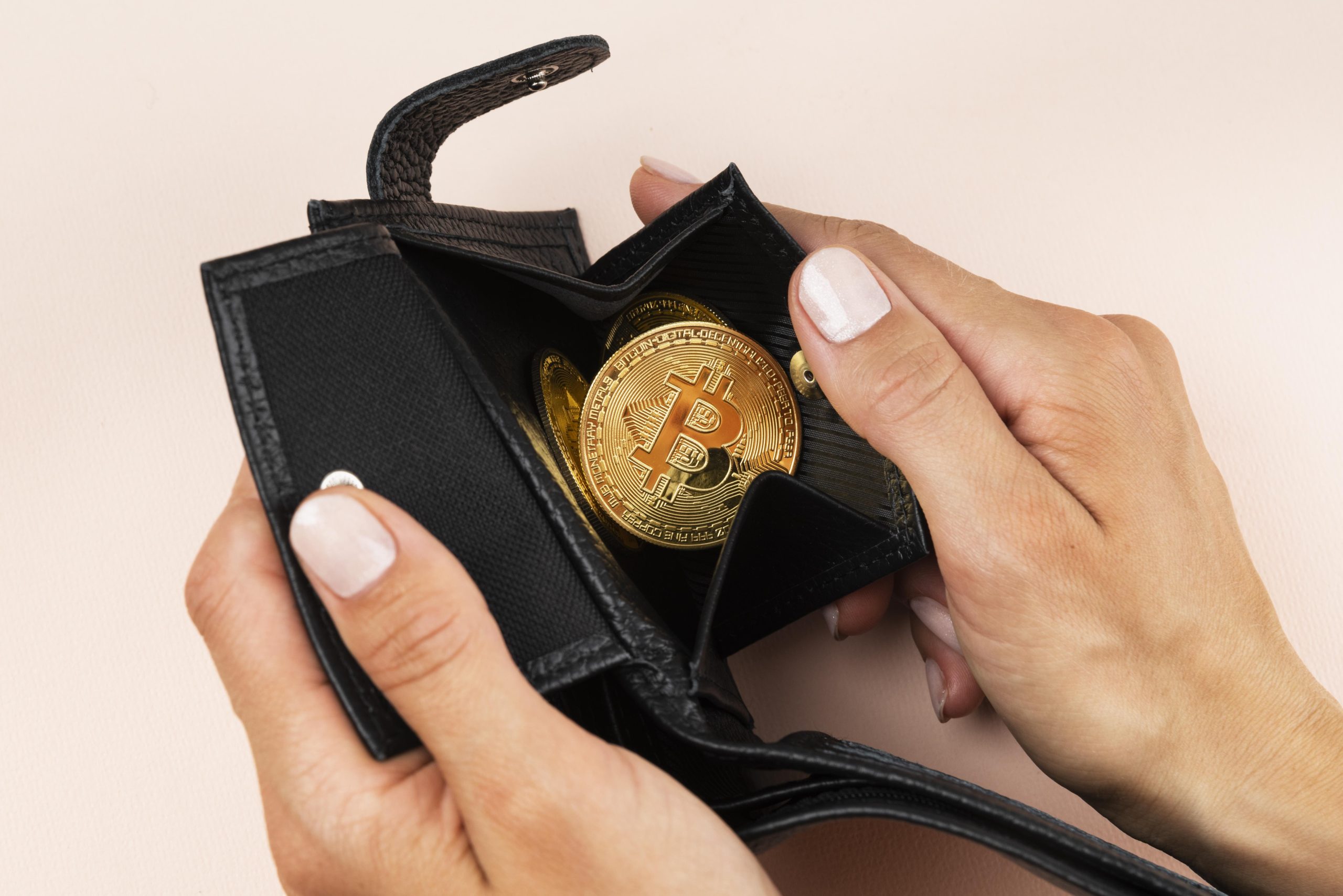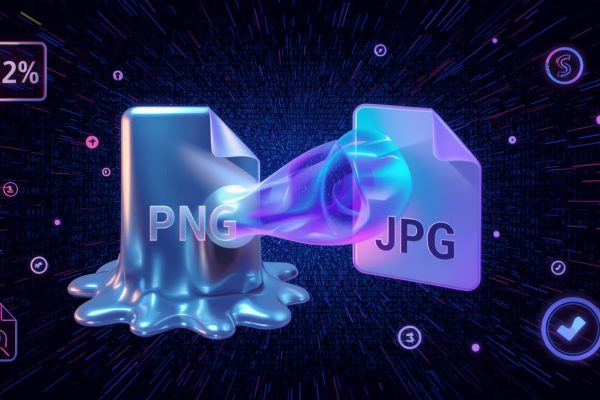If you’re holding crypto in 2025, the question isn’t should I use a cold wallet? It’s which cold wallet should I trust?
After years of exchange collapses, wallet-draining hacks, and growing scrutiny of centralized platforms, the smart money has moved offline. Cold wallets—secure storage devices that keep your private keys disconnected from the internet—are no longer just for tech-savvy investors. They’ve become the foundation of safe crypto ownership.
But choosing the best cold wallet for crypto isn’t one-size-fits-all. It’s about finding the right mix of security, usability, and flexibility that fits how you manage your digital assets. Here’s what to know before you buy.
Why It Matters: Ownership = Security
In crypto, control equals safety. If your private keys live on a centralized exchange, you’re at the mercy of their operations, solvency, and security. Just ask anyone who had funds locked on defunct platforms.
Cold wallets put you back in control. They store your private keys offline, making them invisible to hackers, malware, and phishing scams. Whether you’re holding Bitcoin, Ethereum, stablecoins, or altcoins, the best cold wallet for crypto ensures you’re the only one who can access and move your funds.
It’s about protecting your assets from everyone—bad actors, centralized middlemen, and even your own future mistakes.
How Cold Wallets Work
A cold wallet stores your private keys completely offline. When you want to make a transaction, the process looks something like this:
-
You connect the device (briefly) to a computer or phone.
-
You sign the transaction inside the wallet—without ever exposing your private key.
-
The transaction is then broadcast online through a separate interface.
At no point does your private key touch the internet, which eliminates the most common vulnerabilities hot wallets face.
What Makes the Best Cold Wallet for Crypto?
There’s no perfect wallet—but there is a best cold wallet for you. Here are the features you should weigh before buying:
1. Security Architecture
Look for wallets that use secure element chips (like EAL5+), PIN protection, optional passphrases, and open-source firmware. Extra points if the device has been externally audited.
2. Recovery Options
A wallet is only as safe as its backup process. The best cold wallets offer a reliable seed phrase system and clear instructions on how to restore your funds if the device is lost or damaged.
3. Multi-Asset Support
Most users hold more than just Bitcoin. Make sure your wallet supports Ethereum, ERC-20 tokens, NFTs, and whatever assets you plan to use long-term.
4. User Experience
You shouldn’t need a computer science degree to secure your crypto. A good wallet balances strong security with a clean, intuitive interface—even for beginners.
5. Reputation and Longevity
Trust matters. Stick to brands that are well-established in the crypto space, with years of updates, active communities, and transparent roadmaps.
Cold Wallet Options: What to Expect
Here’s a quick rundown of the types of cold wallets available in 2025:
Hardware Wallets
These are physical devices (usually USB-style) that store keys offline. They’re widely considered the safest option for most users.
Pros:
-
Highly secure
-
Easy to use
-
Trusted by institutions and individuals alike
Cons:
-
Initial cost
-
Still requires setup and backups
Paper Wallets
Literally a printed version of your private key or recovery seed. They’re cheap, but risky if damaged or lost.
Air-Gapped Devices
An old laptop or smartphone with no internet connection, used only for signing transactions.
While all methods technically qualify as cold storage, hardware wallets consistently rank as the best cold wallet for crypto due to their security, portability, and ease of use.
Real-World Use: Who Needs a Cold Wallet?
Cold wallets aren’t just for whales. If you’re doing any of the following, you’ll benefit:
-
HODLing long-term (Bitcoin, ETH, stablecoins)
-
Managing a DeFi or NFT portfolio
-
Storing assets for a business or DAO treasury
-
Concerned about centralized exchange risk
-
Living in a region with unstable financial infrastructure
In short: if you care about your crypto, cold storage should be part of your strategy.
What Could Go Wrong (and How to Avoid It)
Cold wallets are safe—but not foolproof. Most issues come from user error. Here are a few pitfalls to avoid:
-
Losing your seed phrase: Always store it in multiple secure, offline locations.
-
Buying from unauthorized sources: Only purchase directly from the manufacturer.
-
Forgetting how it works: If you don’t plan to use it often, leave clear instructions for your future self or heirs.
A few extra minutes of setup can prevent a lifetime of regret.
Final Thoughts: Do It Now, Not Later
If you’re still storing your crypto on an exchange or mobile wallet, consider this your signal to take action. The next exploit, outage, or regulatory crackdown could lock you out of your funds when you need them most.
The best cold wallet for crypto isn’t just a gadget—it’s a decision to own your assets, fully and securely. In a space built on decentralization, there’s nothing more empowering than that.
Choose wisely. Set it up right. And know that your crypto is finally yours—and safe.






